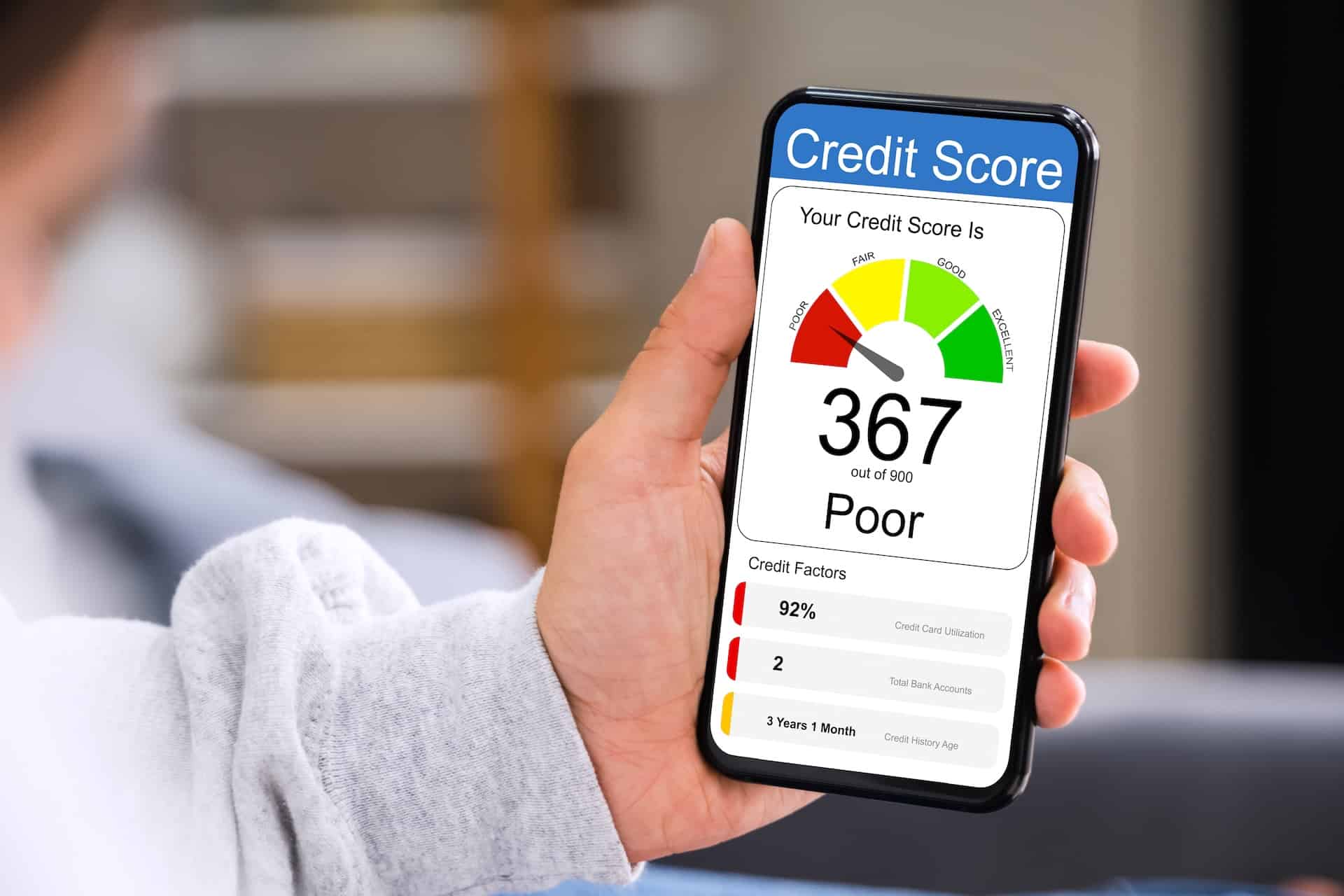Credit Sesame’s personal finance weekly news roundup December 24, 2022. Stories, news, politics and events impacting the personal finance sector during the last week.
- Price tag for 12 days of Christmas up by 10.5% this year
- Labor shortage makes workers more demanding
- Wells Fargo fined $3.7 billion for illegal practices
- Economists see a rising chance of recession next year
- Home sales continue to slump
- U.S. economy stronger than previously thought in 3Q 2022
- Consumer confidence rebounded in December
- Mortgage rates fall but still a drag on the housing market
- Key inflation indicator slowed in November
1. Price tag for 12 days of Christmas up by 10.5% this year
According to an index compiled by PNC bank, the cost of buying all 12 gifts from the traditional Christmas song “The Twelve Days of Christmas” would now be $45,523.27. That’s up 10.5% over last year, a higher rate of inflation than the 7.1% rise in the Consumer Price Index. The biggest percentage increase of items on the Twelve Days of Christmas shopping list was a 39.1% increase in the cost of five golden rings. See full list at BankingJournal.ABA.com.
2. Labor shortage makes workers more demanding
New data from the Federal Reserve Bank of New York shows workers would require a record amount of money in order to accept a new job. The New York Fed defines a “reservation wage” as the lowest amount of money respondents would be willing to accept for a new job. The reservation wage increased to a new high of $73,667 in November. Persistently low unemployment rates and a large number of unfilled job openings have given workers better bargaining power in recent months. See NewYorkFed.org.
3. Wells Fargo fined $3.7 billion for illegal practices
The Consumer Finance Protection Bureau (CFPB) has levied $3.7 billion in penalties against Wells Fargo Bank. This is for illegal fees, interest charges and penalties on financial products ranging from mortgages to savings accounts. Wells Fargo has been ordered to repay $2 billion to customers and pay a $1.7 billion penalty. This is the largest penalty the CFPB has ever assessed. The size of the penalty is a function of Wells Fargo’s status as one of the country’s largest banks and a pattern of offences in recent years. CFPB Director Rohit Chopra was blunt in his assessment of why the bank deserved such a large fine, saying “Put simply: Wells Fargo is a corporate recidivist that puts one out of three Americans at risk for potential harm.” See full article at Yahoo.com.
4. Economists see a rising chance of recession next year
A monthly Bloomberg survey of economists found that there is a 70% chance of a recession next year. That’s a 5% increase from the November survey, and more than double the chance of recession forecast six months ago. However, the economists survey believe the economy will still grow slightly next year, with a mild and short-lived recession along the way. See full article at FinancialPost.com.
5. Home sales continue to slump
The National Association of Realtors reported that the number of existing home sales dipped by 7.7% in November. That was the 10th straight month of declining sales volume. The number of existing home sales in November was 35.4% lower than it was a year earlier. Along with a lower number of completed sales, it is taking longer for homes on the market to get sold. Properties in November were typically on the market for 24 days. That’s an increase from 21 days in October and 18 days in November. See full release at NAR.Realtor.
6. U.S. economy stronger than previously thought in 3Q 2022
The Bureau of Economic Analysis (BEA) upgraded it’s assessment of economic growth in the 3rd quarter. Its latest estimate is that the economy grew at an annual rate of 3.2% after inflation during the quarter. That’s even better than it’s previous estimate of 2.9%. It also marks a positive turnaround in growth after the 0.6% decline in the inflation-adjusted growth rate in the second quarter. For all the concern about the effect of inflation and debt on consumers, an increase in consumer spending was one of the reason for the upturn in economic growth. See full release at BEA.gov.
7. Consumer confidence rebounded in December
The Conference Board’s December release of its Consumer Confidence Index showed evidence of consumer resiliency despite the challenges of 2022. The index rose from 101.3 to 108.4 in December. This followed two consecutive months of declines, and restored the index to its highest level since April. The index has two components: a Present Situation Index reflecting current conditions, and an Expectations Index reflecting the outlook consumers have for the months ahead. Both components showed strong gains in December. See full release at Conference-Board.org.
8. Mortgage rates fall but still a drag on the housing market
30-year mortgage rates fell for the sixth consecutive week, from 6.31% to 6.27%. However, 15-year mortgage rates increased. 30-year rates have fallen by 0.81% since peaking at 7.08% on November 10. Still, they remain more than twice as high as they were when the year began. Not only are high mortgage rates discouraging buyers, but mortgage finance company Freddie Mac notes that home owners are more reluctant to list their homes in this environment. See full release at FreddieMac.com.
9. Key inflation indicator slowed in November
The Personal Consumption Expenditures (PCE) Price Index rose by just 0.1% in November, its lowest monthly rate of increase since July. The core component of this index, which excludes food and energy prices, rose by 0.2%, which was also the lowest reading since July. The November numbers mirror those of the Consumer Price Index. The PCE Price Index is especially significant because it is the inflation measure that the Federal Reserve focuses on when making interest rate decisions. See full release at BEA.gov.




















